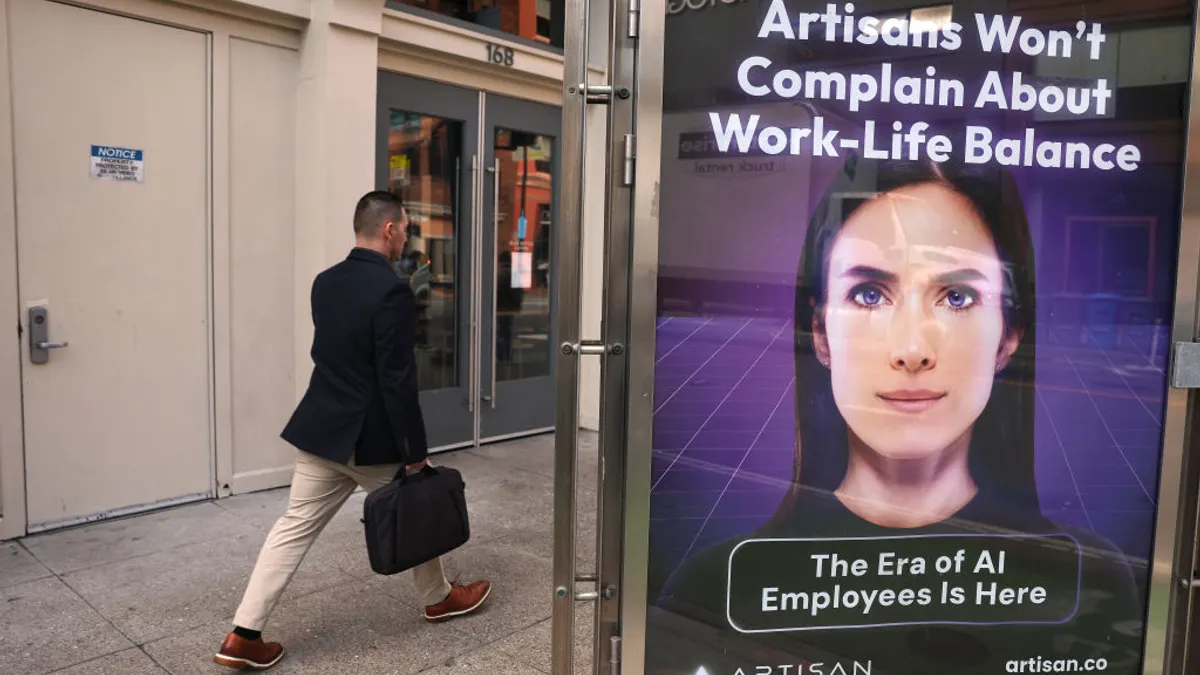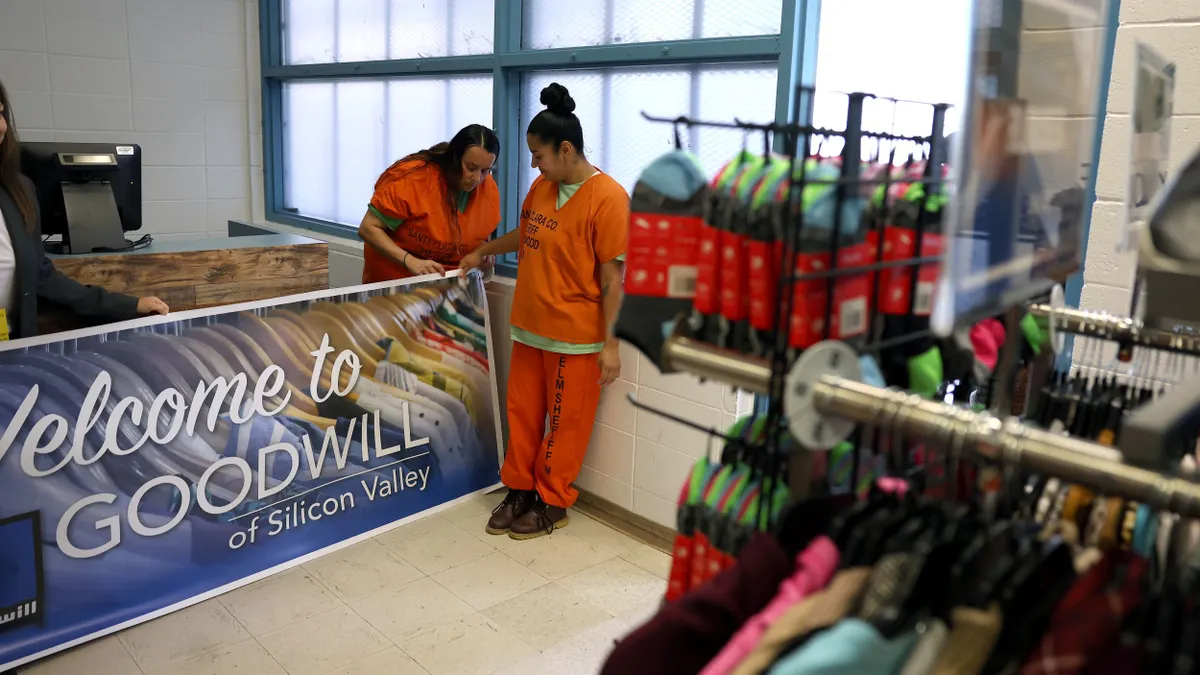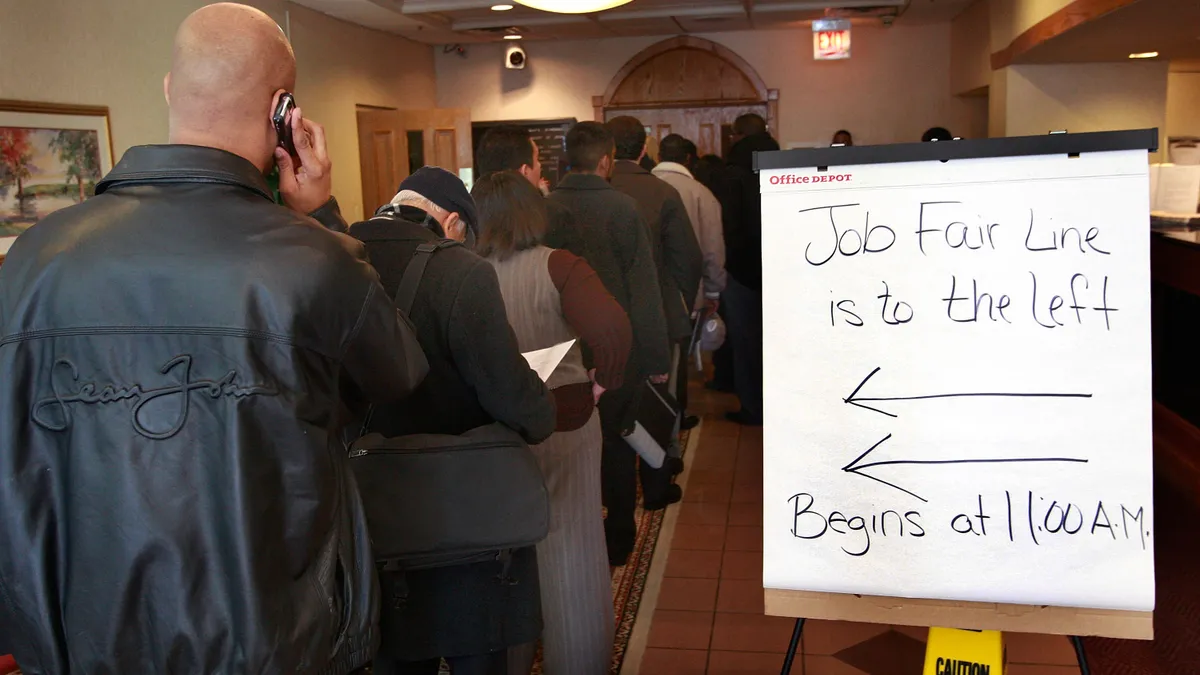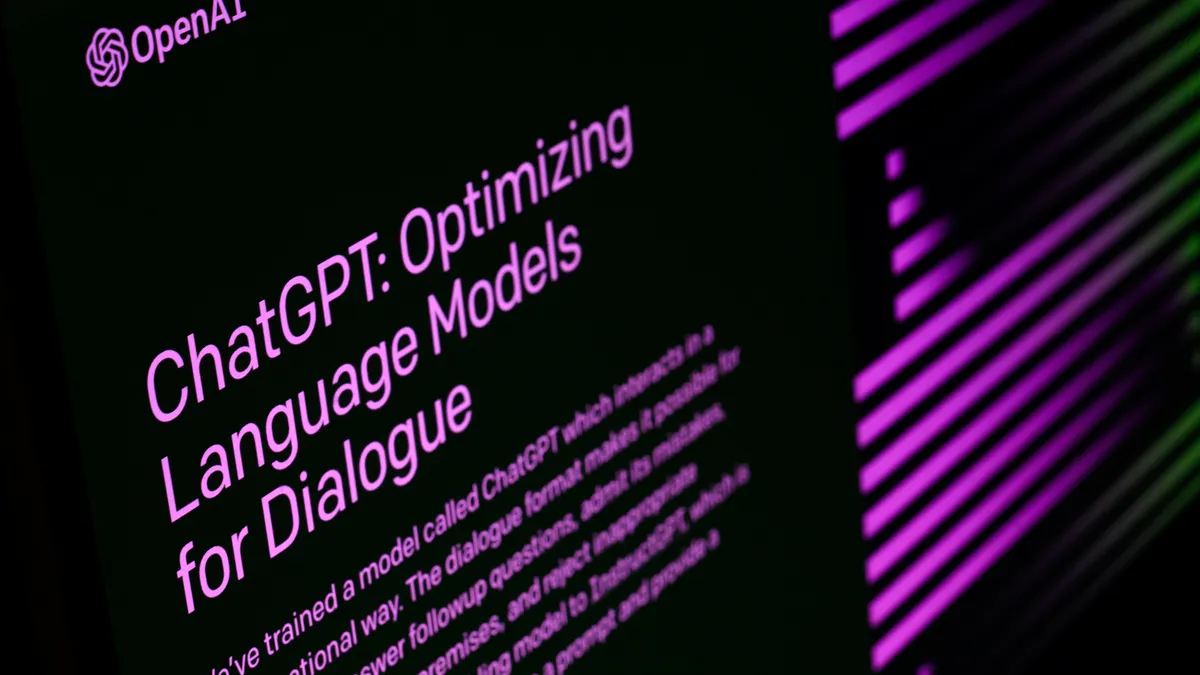Driven by the accelerating pace of business transformation, 4 trends are likely to shape the workforce in 2025: the prioritization of “change readiness,” a “manager crash,” an erosion in the advantages of remote work, and the Gen Z paradox, workplace advisory platform meQuilibrium reported Nov. 13.
The first trend — the development of change readiness — will help employees transition into new roles, navigate difficult decisions, rebound from setbacks, and become more comfortable with new technologies like generative artificial intelligence, Jan Bruce, meQ’s CEO and co-founder, explained in a media release.
“Leaders will need to shift from simply managing change to proactively preparing their teams for it,” and a big part of being change-ready means empowering employees with resilience skills to handle stress and uncertainty, Bruce said.
As for the second trend, unless organizations take decisive action, such as prioritizing manager self-care through explicit policies, they will see a “manager crash” – a significant downturn in manager well-being, performance and the ability to continue taking the lead as change champions, Alanna Fincke, the platform’s content and head of learning, predicted.
The third trend — a shift toward the “near complete erosion of remote work’s historical well-being advantages” — is already visible, Brad Smith, meQ’s chief science officer, noted in the release. In 2025, employees will experience equivalent levels of burnout, stress and psychosocial risk regardless of their work location, Smith said.
“Organizations will need to shift their focus from location-specific interventions to addressing universal challenges that affect all workers, regardless of where they work,” Smith, meQ’s chief science officer, recommended.
Change is normal for Gen Z, or “Zoomers,” the first generation born in a digital world of rapid and constant transformational change, Andrew Shatte, meQ’s chief knowledge officer, pointed out.
But that doesn’t make them good at change, and therein lies the paradox, the fourth trend, Shatte said. One symptom — mental health issues — affect almost two-thirds of Zoomers, while older generations average half that rate, he added.
However, Zoomers are clear about their needs, including mental health and a satisfactory work-life balance, according to recent findings by SurveyMonkey. For one, they’re more likely than middle-aged workers to take sick time as mental health days for self-care or to recharge, the findings showed.
With Zoomers making up 18% of the current workforce and predicted to comprise almost one-third of the workforce in five years, HR and organizational leaders will need to help them navigate their workplace needs, and leaders need to allow Zoomers to help them “normalize” change, meQ’s Shatte emphasized.
Workplaces have been saddled with uncertainty for a while. But there is an upside: Many of the factors driving uncertainty aren’t coming as a surprise, and there has been a lot of discussion on how to move forward.
AI is a pivotal example, change management expert and George Mason University management professor Victoria Grady pointed out in a May op-ed to HR Dive.
When given an organization’s specific scenario, AI has the ability to help design an optimal change management framework that is unique to the organization, flexible and adaptable, Grady wrote.
She encouraged leaders to give it a try, such as by asking ChatGPT to suggest a change management framework based on a scenario pertinent to their organization. The “results will provide high-level guidance, suggested frameworks or potential references as a starting point,” Grady said.
Another key to moving forward? Mentally healthy managers. But in this regard, organizations have work to do. According to a June report from Perceptyx, managers scored “dangerously low” on well-being.
One reason for the low score may be the “manager’s squeeze” — due to their roles, they’re regularly squeezed between the responsibility and stress of managing their direct reports and “managing up” to satisfy leaders, the report said.
Disruptive change also hits managers hard, much harder than individual contributors, a 2023 Gallup survey found. Although managers are much more likely to suffer burnout due to disruptive change, two aspects of leadership — trust and communication — can make a significant difference, Gallup analysts said.





















